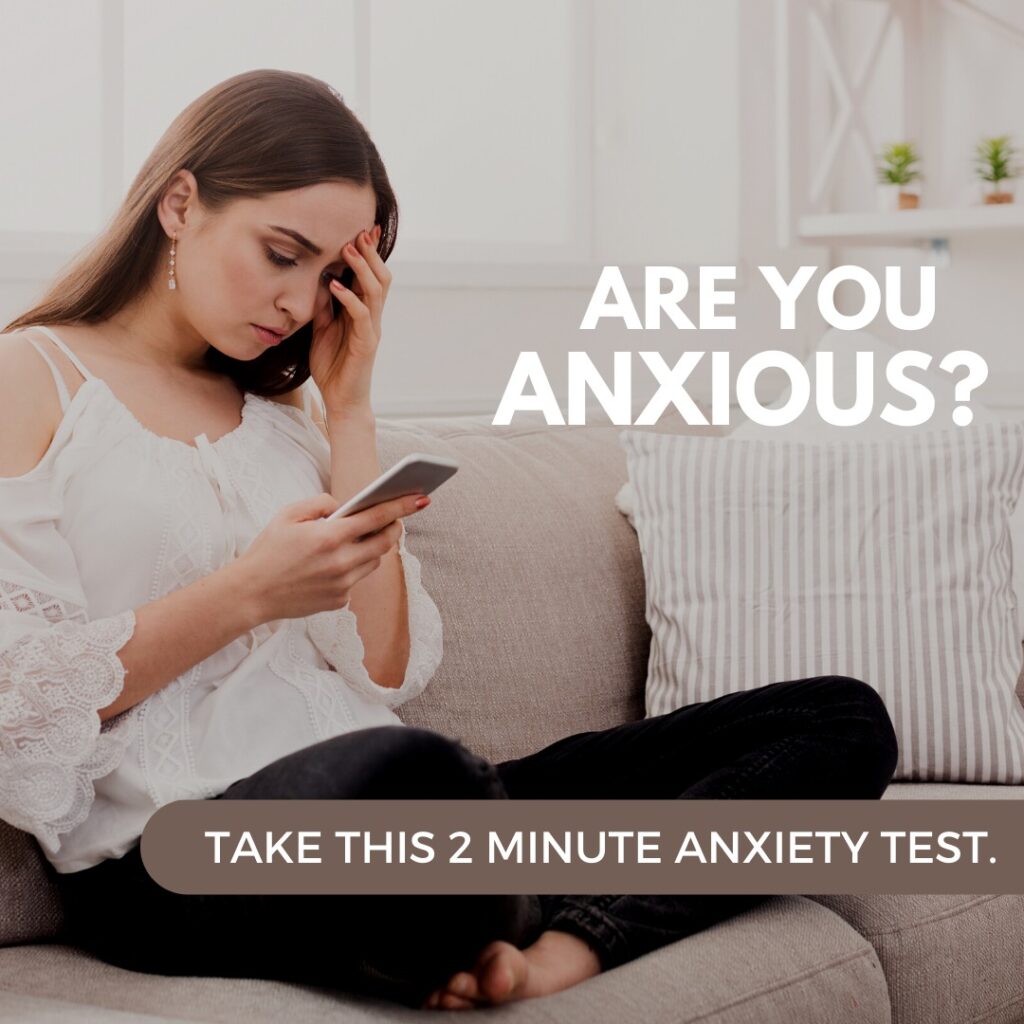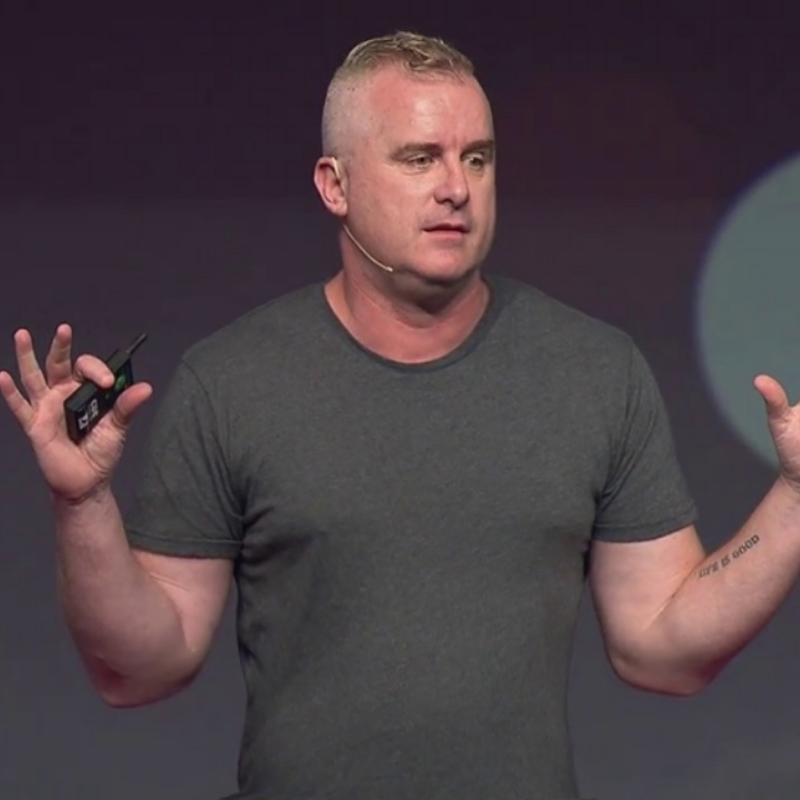Are you feeling overwhelmed and stressed out from the constant demands of your busy life? You’re not alone. Many people struggle to find balance and calm amidst the chaos of work, family, and personal responsibilities. But there are effective ways to manage stress and take care of your mental health. In this article, we’ll explore some expert tips from the perspective of psychotherapy and psychology to help you find peace and tranquility in your busy life.
Introduction
Life can be hectic and overwhelming, and stress is a natural response to the demands and pressures of our daily lives.
However, prolonged and chronic stress can take a toll on our mental and physical health, leading to a range of issues such as anxiety, depression, and even physical illnesses.
It’s important to learn how to manage stress and find ways to take care of ourselves amidst the chaos of a busy life.
In this article, we’ll explore some effective strategies for managing stress and promoting mental wellness.
Understanding Stress
Before we dive into the tips and strategies for managing stress, it’s important to understand what stress is and how it affects us.
Stress is a natural response to a perceived threat or challenge, which triggers the release of hormones such as cortisol and adrenaline.
This response prepares our body to either fight or flee the perceived threat.
While this response can be helpful in short-term situations, such as when we need to quickly react to a dangerous situation, prolonged exposure to stress can have negative effects on our physical and mental health.
Chronic stress can lead to a range of issues, including:
- anxiety and depression
- Insomnia
- High blood pressure
- Heart disease
- Digestive issues
- Weakened immune system
- Chronic pain
Tips for Managing Stress
Now that we understand the negative effects of chronic stress, let’s explore some effective strategies for managing stress and promoting mental wellness in a busy life.
1. Practice Self-Care
Self-care is essential for promoting mental wellness and managing stress.
It involves taking time to care for yourself, both physically and mentally.
Self-care can take many forms, such as:
- Getting enough sleep
- Eating a healthy and balanced diet
- Exercising regularly
- Engaging in hobbies and activities that you enjoy
- Practicing mindfulness and meditation
- Setting boundaries and saying no to things that drain your energy
Remember, self-care is not selfish. It’s essential for your mental and physical health, and it allows you to show up as your best self for the people and activities that matter most to you.
2. Prioritise and Plan
One of the biggest sources of stress in a busy life is feeling overwhelmed by the sheer number of tasks and responsibilities.
Prioritising and planning can help you feel more in control and reduce stress. Here are some tips for prioritising and planning:
- Make a to-do list and prioritise tasks based on urgency and importance
- Break larger tasks into smaller, manageable steps
- Use a planner or calendar to schedule appointments and deadlines
- Set realistic goals and expectations for yourself
- Allow for flexibility and adaptability in your plans
3. Practice Mindfulness
Mindfulness is a powerful tool for managing stress and promoting mental wellness.
It involves being present and fully engaged in the moment, without judgment or distraction.
Here are some tips for practicing mindfulness:
- Start with a few minutes of mindfulness meditation each day
- Focus on your breath and bring your attention back to the present moment when your mind wanders
- Practice mindfulness during everyday activities, such as eating, walking, or showering
- Use mindfulness to manage stress in the moment by taking a few deep breaths and bringing your attention to your surroundings
4. Connect with Others
Social support is essential for promoting mental wellness and managing stress.
Connecting with others can provide a sense of belonging, reduce feelings of isolation, and offer practical support when needed.
Here are some tips for connecting with others:
- Spend time with friends and family
- Join a social group or club that interests you
- Volunteer or get involved in your community
- Seek support from a therapist or counsellor, like me, if needed
5. Take Breaks and Rest
In a busy life, it can be easy to push ourselves to the limit and neglect rest and relaxation.
However, taking breaks and rest is essential for managing stress and preventing burnout.
Here are some tips for taking breaks and rest:
- Take regular breaks throughout the day, such as stretching or taking a walk
- Take time off work or other responsibilities to rest and recharge
- Make time for relaxation activities, such as reading, listening to music, or taking a bath
- Practice good sleep hygiene and prioritise getting enough sleep each night
FAQs
How do I know if I’m experiencing chronic stress?
Chronic stress can manifest in a variety of ways, such as physical symptoms (headaches, muscle tension), emotional symptoms (anxiety, irritability), or behavioural symptoms (procrastination, social withdrawal). If you’re experiencing these symptoms for an extended period of time, it may be a sign that you’re experiencing chronic stress.
What if I don’t have time for self-care?
Self-care doesn’t have to be time-consuming. Even small acts of self-care, such as taking a few deep breaths or going for a short walk, can make a big difference in managing stress and promoting mental wellness.
How can I prioritise when everything seems urgent?
It can be challenging to prioritise when everything seems urgent. One helpful approach is to use the Eisenhower Matrix, which categorises tasks based on urgency and importance. This can help you identify which tasks are most pressing and which can wait.
Conclusion
Managing stress in a busy life can be challenging, but it’s essential for promoting mental and physical wellness.
By practicing self-care, prioritizing and planning, practicing mindfulness, connecting with others, and taking breaks and rest, you can find calm amidst the chaos.
Remember, managing stress is an ongoing process, and it’s okay to seek support from a therapist or counsellor if needed.
With these expert tips from a psychotherapy and psychology perspective, you can take control of your stress and live a more peaceful and fulfilling life.


















Your word s are correct I have noticed the people that you talk of and I have been going thru great depression
Taking a break sounds nice … how do I manage that?!?